Several types of electronic converters are used in electric power system applications, like AC to DC converters, DC to AC converters, AC to AC converters, and DC to DC converters. Read More…
TDK-Lambda Americas designs and manufactures a wide range of AC-DC and DC-DC power supplies and EMI Filters for Medical, Telecom, Industrial, Datacom, and Test & Measurement applications worldwide. The company has been a major provider of power solutions since 1948. TDK-Lambda is a subsidiary of the TDK Corporation, a leading global electronics company.
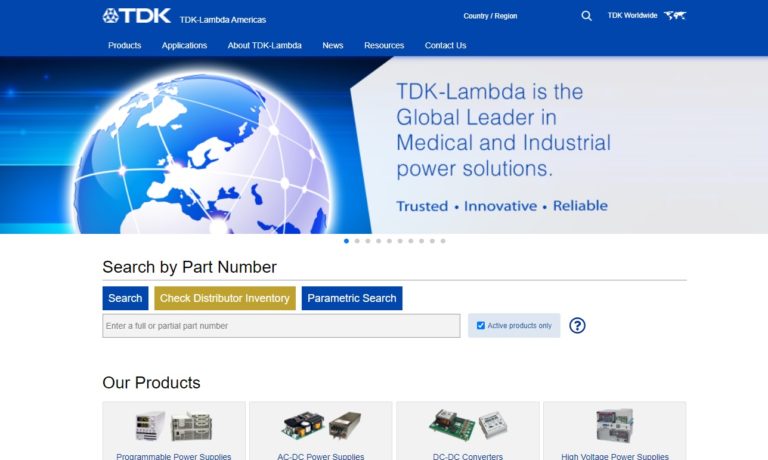
Our company offers a variety of standard and custom power supplies. These items are great for a wide range of applications. If you have any special requests then please let our representatives know. If you ever run into any questions or issues then our engineers are available to assist you. There is no project too challenging for our teams! Give us a call today!
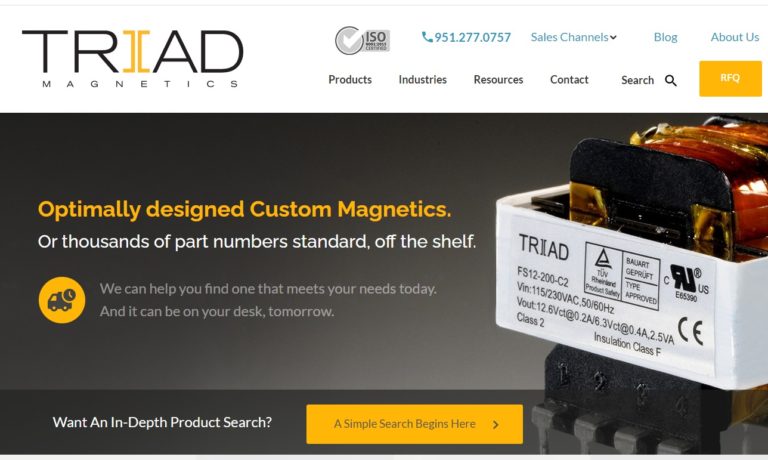
For 4 decades, Acopian Power Supplies has specialized in long lasting power supplies (0 volts – 30000 V). We offer AC power supplies, DC power supplies, AC to DC converters, uninterruptible power supply (UPS), AC to DC power supplies & high voltage power supplies. With quality customer service & technical support, we have thousands of power supplies for thousands of applications.
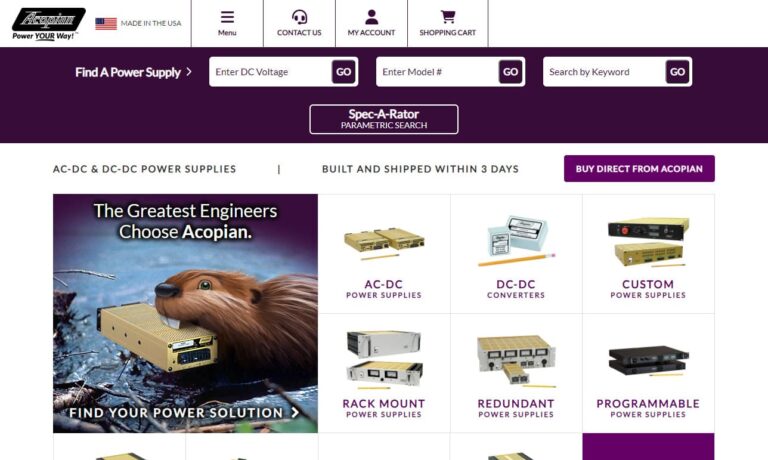
APS are specialists in power conversion and the manufacture of high performance power systems. Products include power converters and inverters; motor drives and brakes; battery chargers; AC and DC power supplies; driver circuits and more. Custom and standard power systems are available.
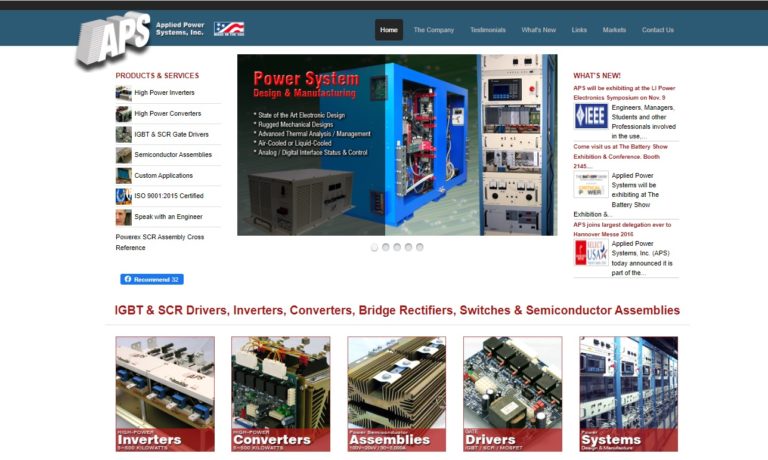
At Quail Electronics, we are your power cord specialists. Our power supplies consist of green dot cords, high voltage cords, North American and international cords, specialty cords, plus adapters, plugs and strips.
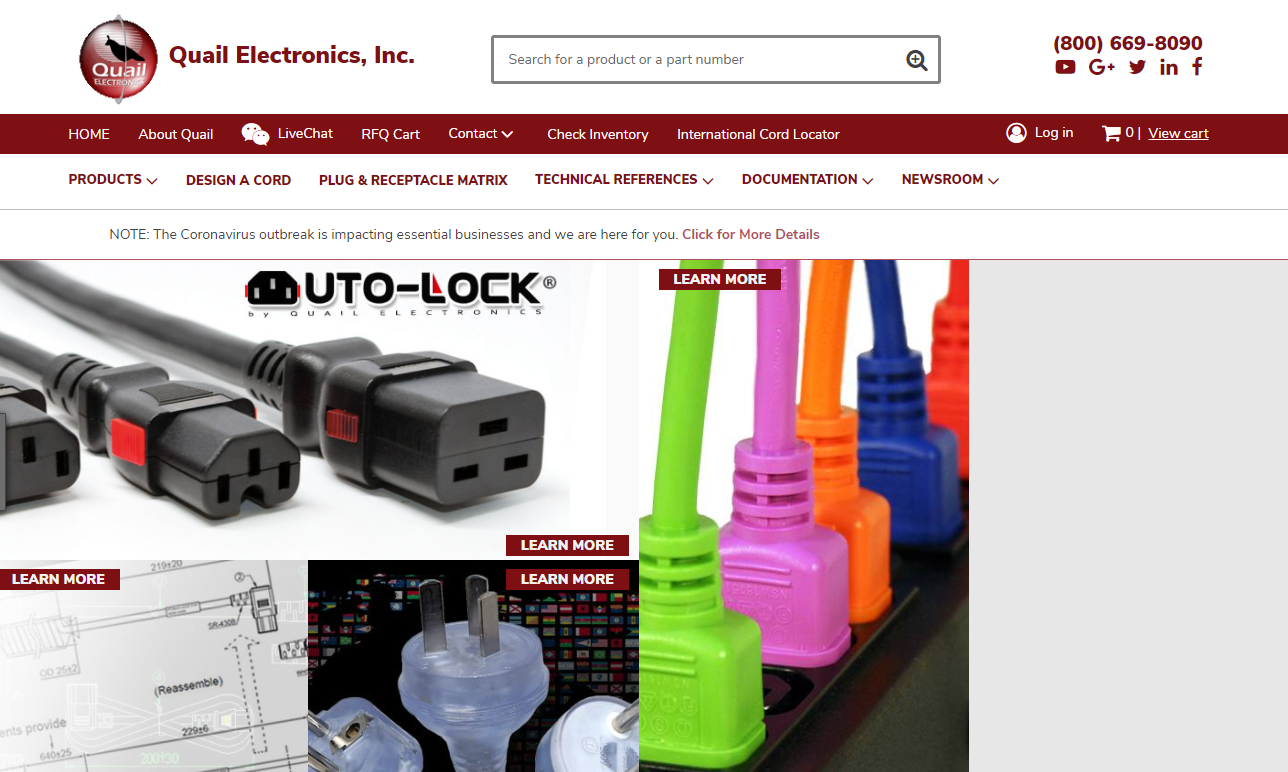
More DC-DC Power Supply Manufacturers
What is a DC-DC Power Supply?
Several types of electronic converters are used in electric power system applications, like AC to DC converters, DC to AC converters, AC to AC converters, and DC to DC converters.
A DC-DC power supply (DC-DC converter) is an electrical circuit that alters the voltage level of DC input into a different output voltage. It converts the voltage between two electrical systems that operate at different voltage levels: for example, one high (140 V) and the other low (14 V). There are some power losses when switching from one voltage level to another voltage level. The efficiency of a DC-DC power supply can range from 75% to 95%.
How Does A DC-DC Converter Work?
In an electrical system, the input current may vary unexpectedly due to the resistance of the inductor. When the power switch is on, the inductor feeds the energy from the input and stores it as magnetic energy.
The energy is discharged if the switch is held low (off). The capacitor's output is expected to be high enough to satisfy the time constant of a resistor-capacitor (RC) circuit on the output side. The enormous time constant is compared to the switching period to ensure that the steady-state output voltage remains constant. The voltage should always be constant at the load terminal, or the place where the wire is plugged in.
Types of DC-DC Converters
Magnetic Converters
In an inductor or a transformer, energy is periodically stored and released from a magnetic field. The frequencies range from 300 kHz to 10 MHz. The quantity of power that needs to be transmitted continually to a load can be more easily regulated by maintaining the ratio of time that the circuit is on or off, also called the duty cycle.
Non-Isolated Converters
A non-isolated converter is commonly used when the voltage shift is relatively minor. It has a common ground for both the input and output terminals. Its main drawback is that it cannot defend against high electrical voltages and generates additional noise.
Buck Converters
The output voltage of a conventional non-isolated step-down or buck converter is determined by the input voltage and the duty cycle of the power switch.
Boost Converters
These boost the voltage of a DC-to-DC converter by using the same number of passive components, but arranging them to step up the input voltage so that the output exceeds the input.
Buck-Boost Converters
Depending on the duty cycle, the input DC voltage can be stepped up or down with this converter. The polarity of the output voltage is always inverted with the input voltage. As a result, buck-boost converters are also known as a voltage inverter.
Isolated Converters
The input and output terminals of an isolated converter are separated. Because they have a very high isolation voltage and can filter out noise and interference, they provide a cleaner and more desirable DC output voltage. They are further divided into two categories.
Flyback Converters
This converter operates like a non-isolating buck-boost converter. The main difference is that instead of storing energy in an inductor in the circuit, it stores energy in a transformer.
Forward Converters
In this converter, the transformer sends energy from the input to the output in a single step.
Where are DC-DC Power Supplies Used?
- Railway rolling stock
- Hybrid electric vehicles
- Industrial applications
- Battery-operated appliances
- Battery-operated electric cars
- Class D electronic amplifiers
- Motor speed control
- Distributed power supply architectures
- On-board and trackside railway applications
- High voltage battery-powered applications
- Lighting systems
- Switched capacitor filters
- Variable-frequency drives
- Speed controllers for DC motors
Benefits of DC-DC Power Supplies:
Large and remote applications require long wires to connect all of a system’s control equipment. Combined with tiny wire size, DC voltage loss can be significant and may have an impact on the connected loads. Even when the wire size is suitable for the load, peak currents, such as those generated by starting motors, can increase voltage loss. A DC-DC converter is a tried-and-true method of resolving these issues. It can be deployed to correct voltage drops and "dirty" DC voltage.
In addition to the voltage drop produced by wire length, wire size, and current demand, electrical noise injected into the wires by the surrounding equipment can make the DC voltage "dirty." While some loads will stop operating under those extreme conditions, many DC/DC converters can still work with a wide variety of input voltages.

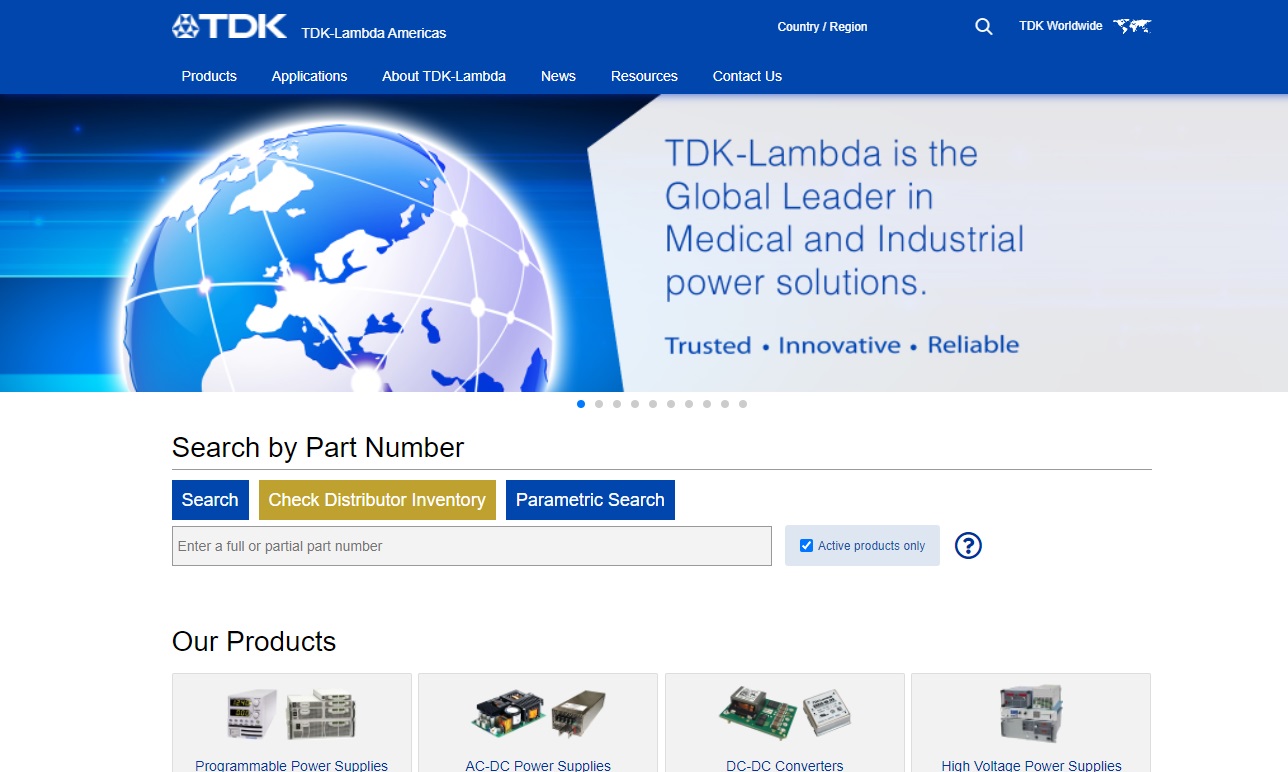
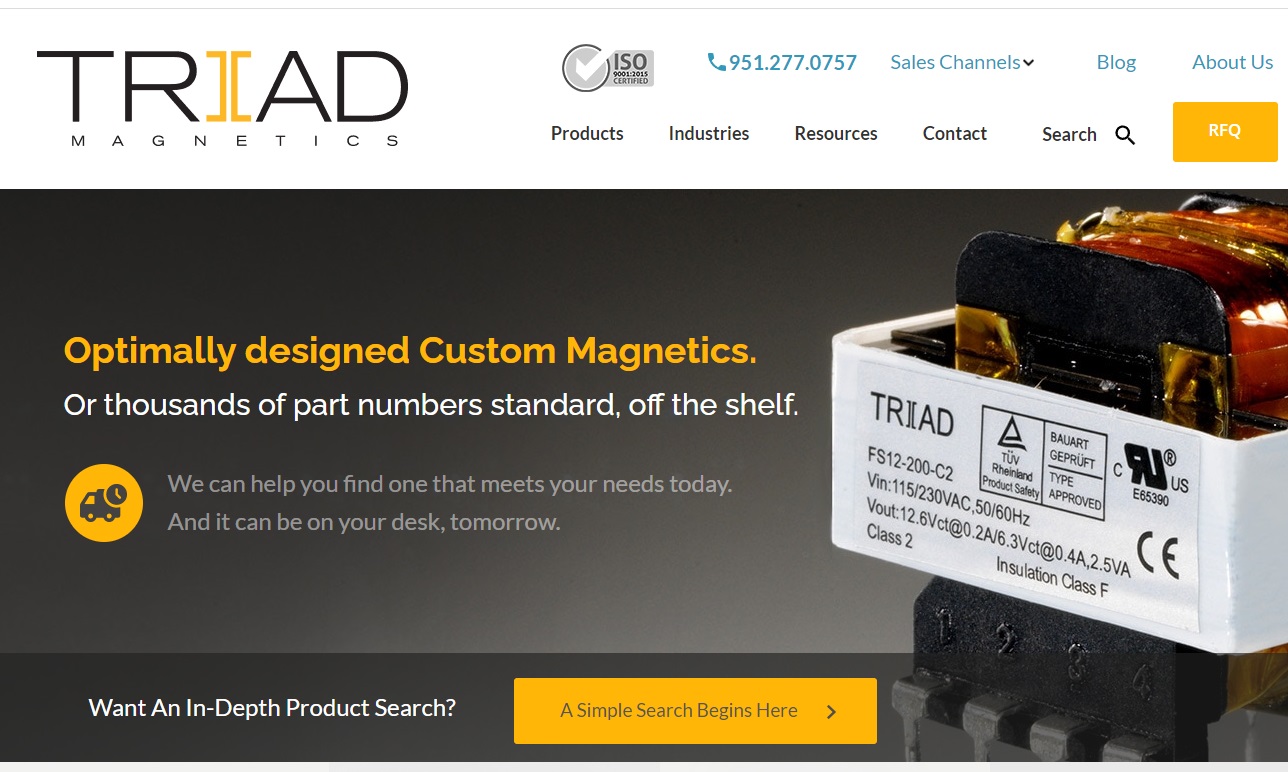
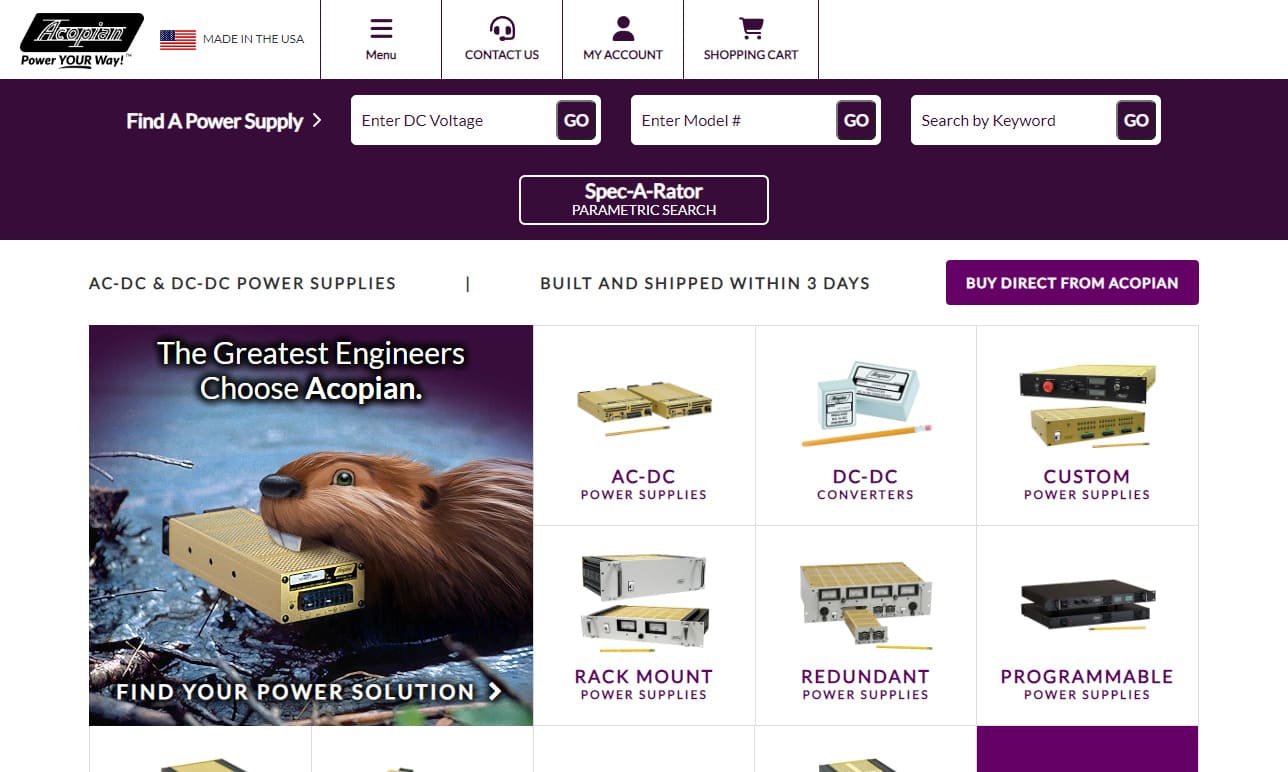
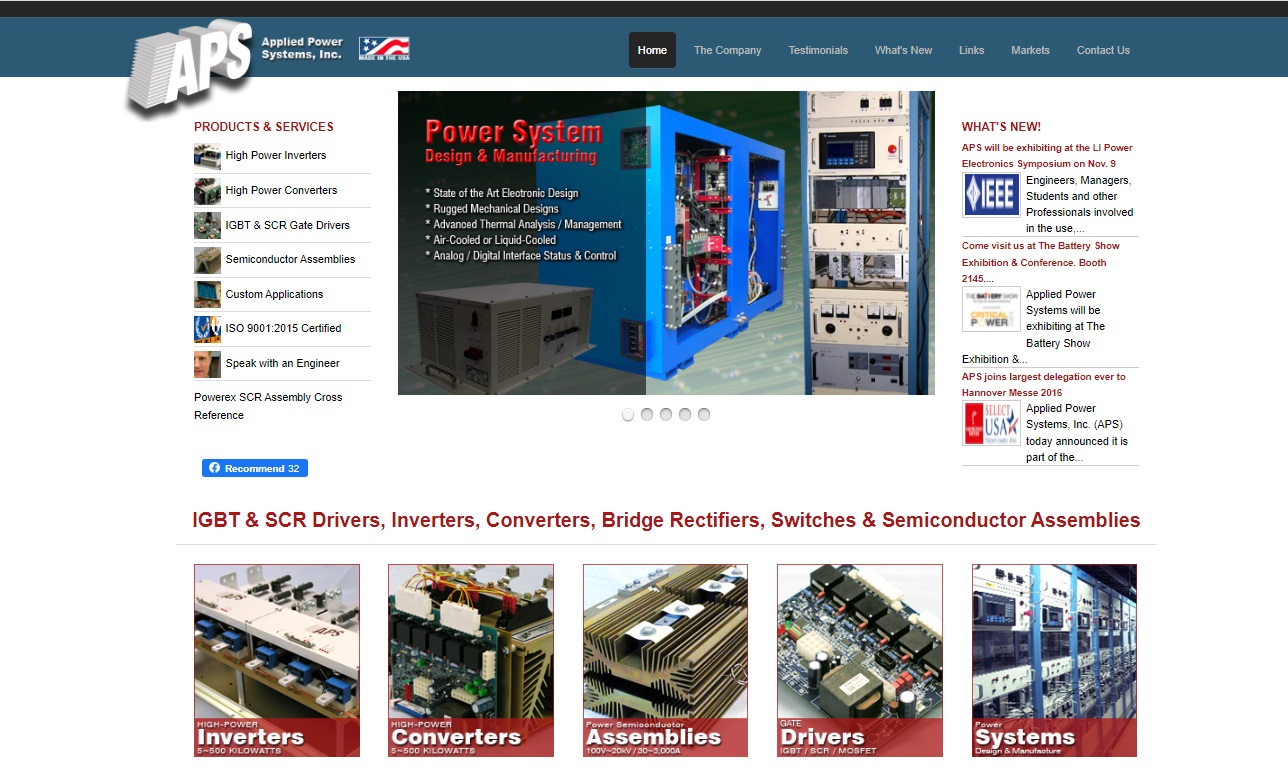
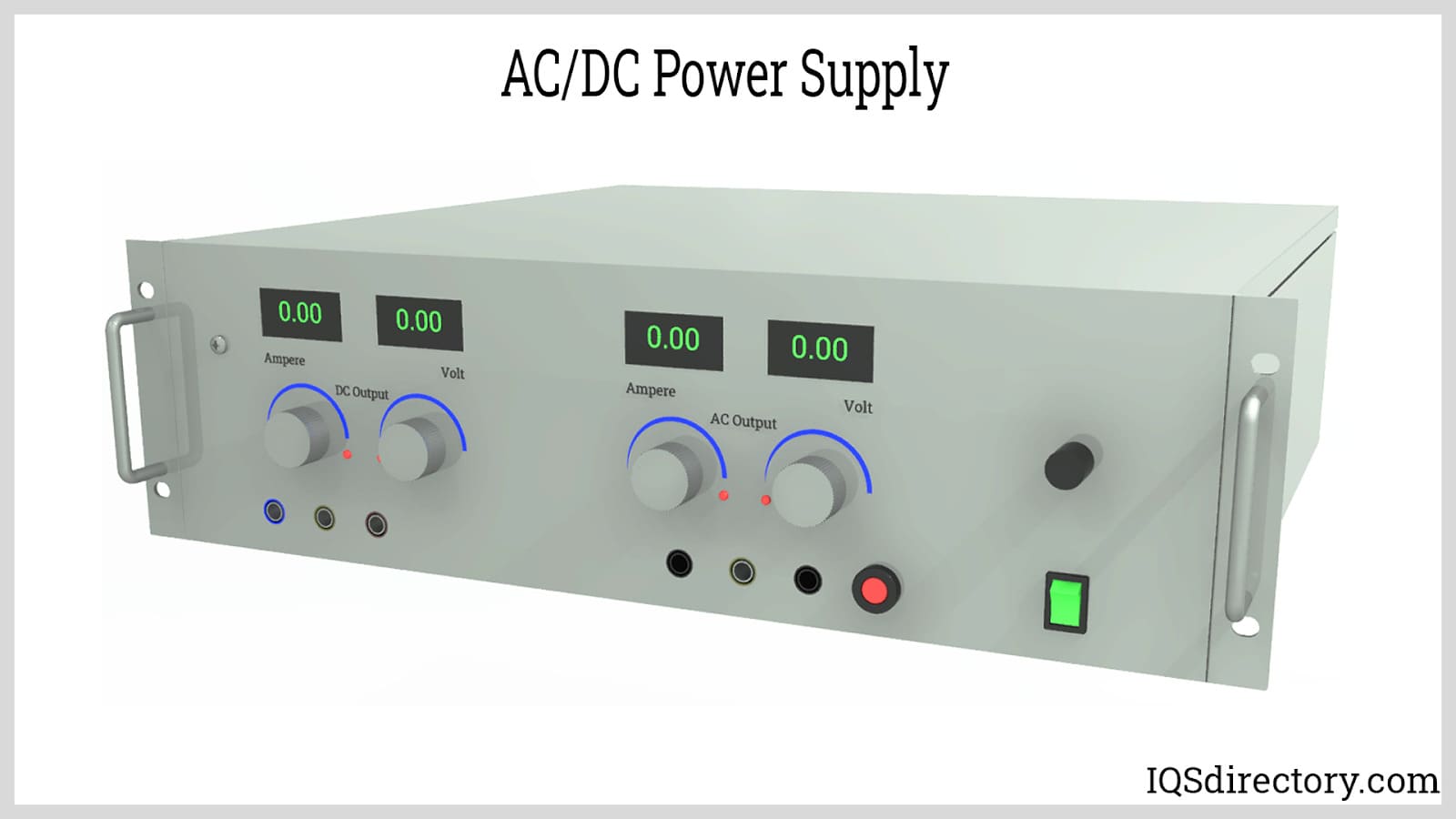
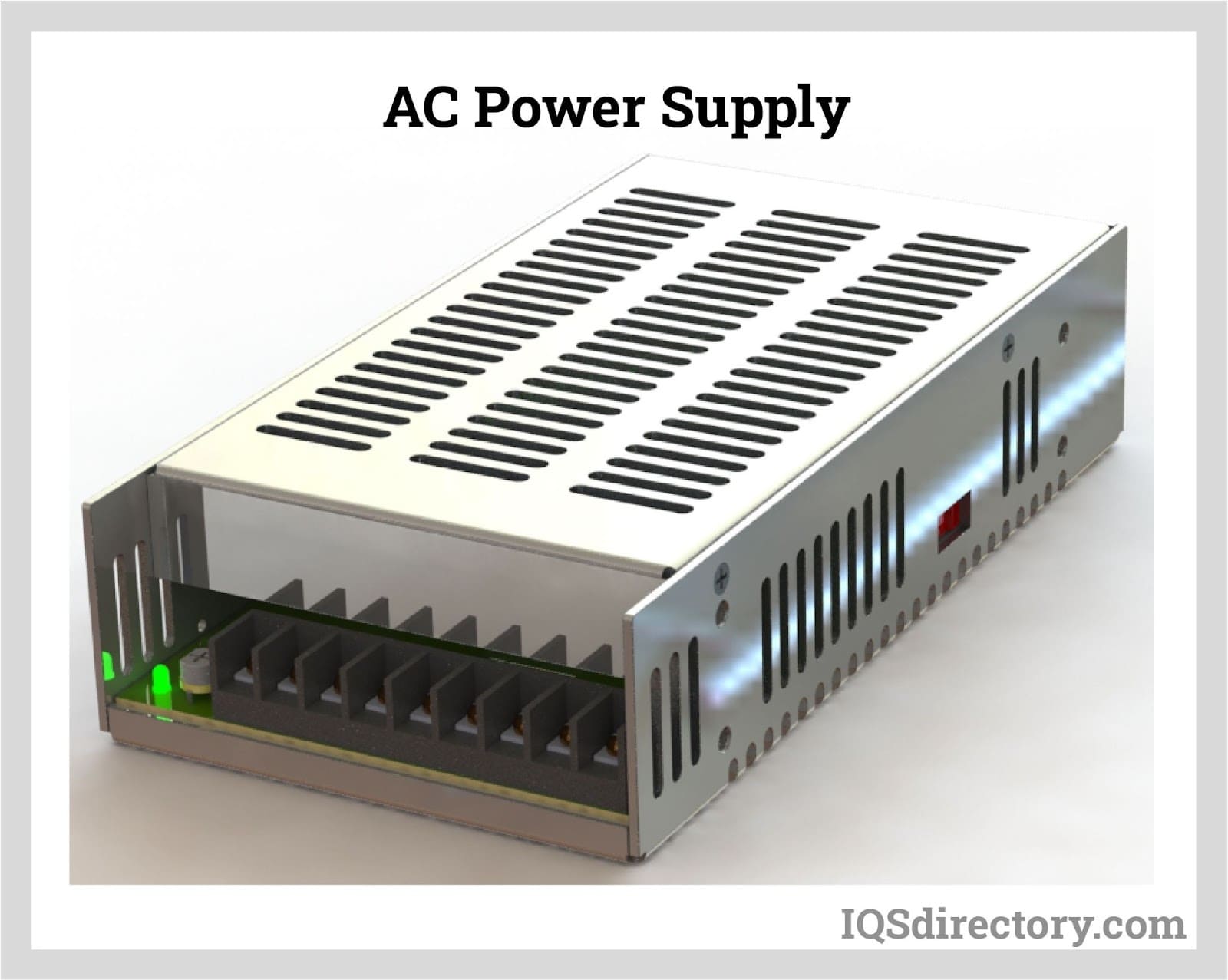
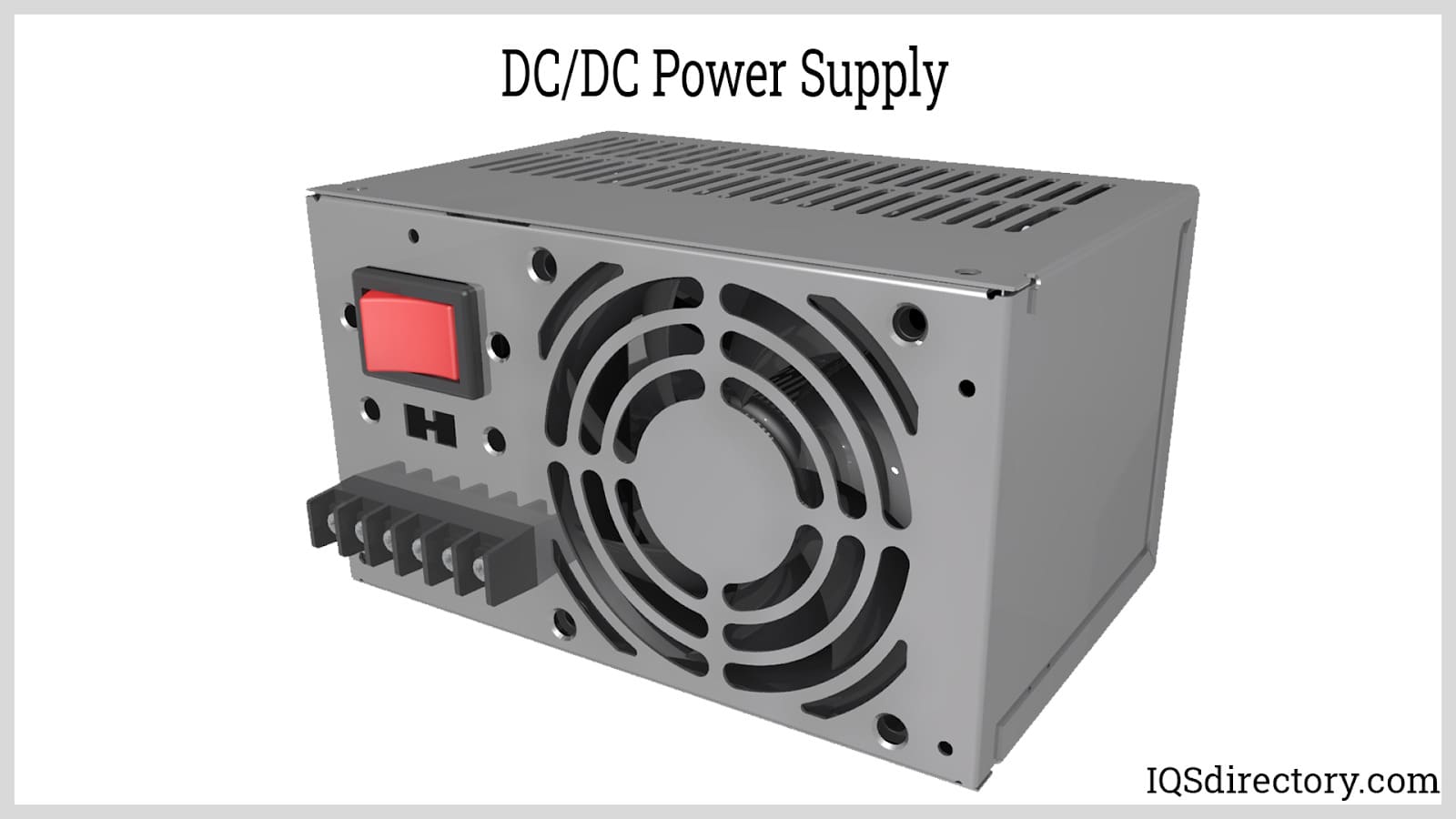
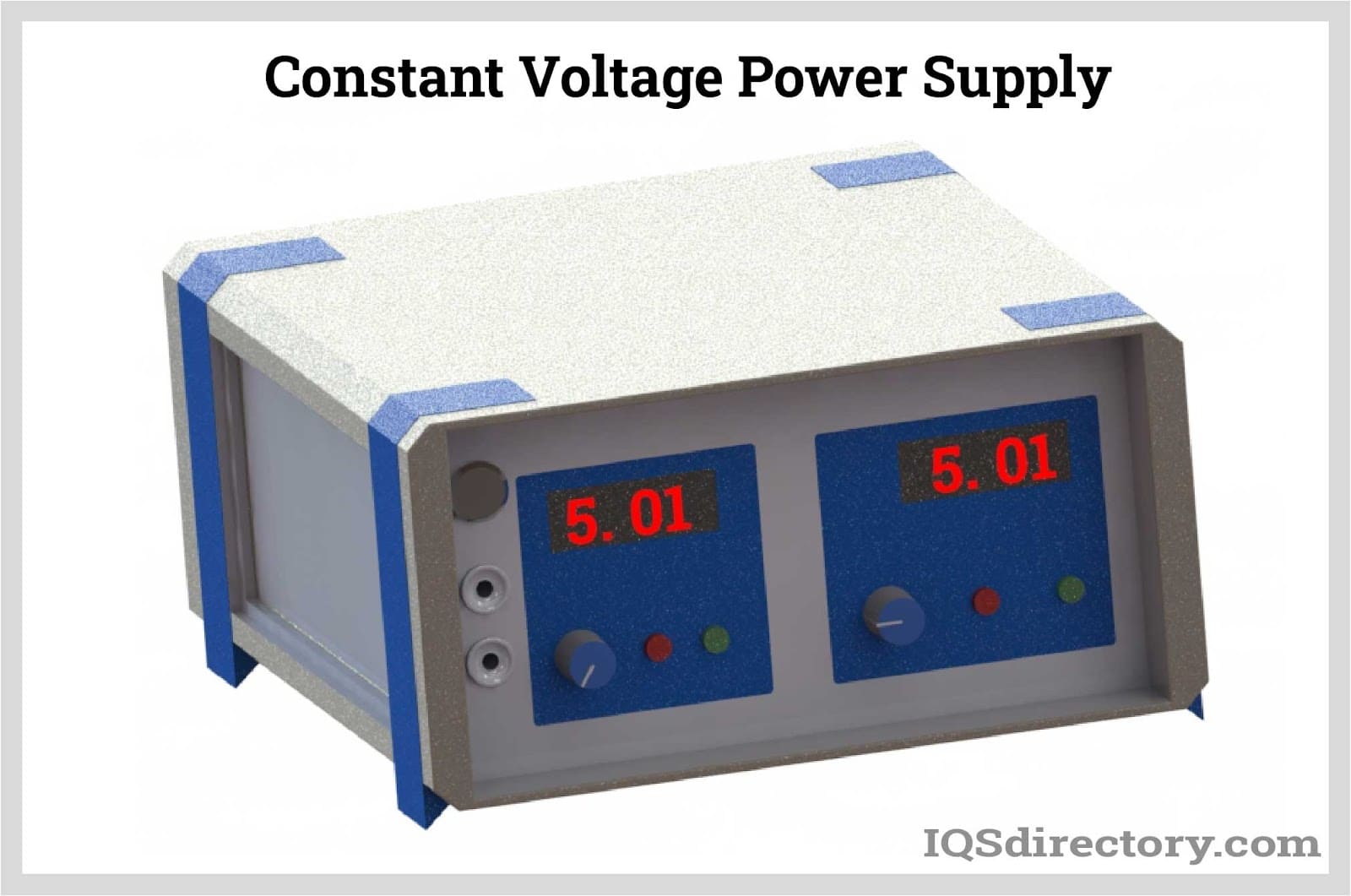
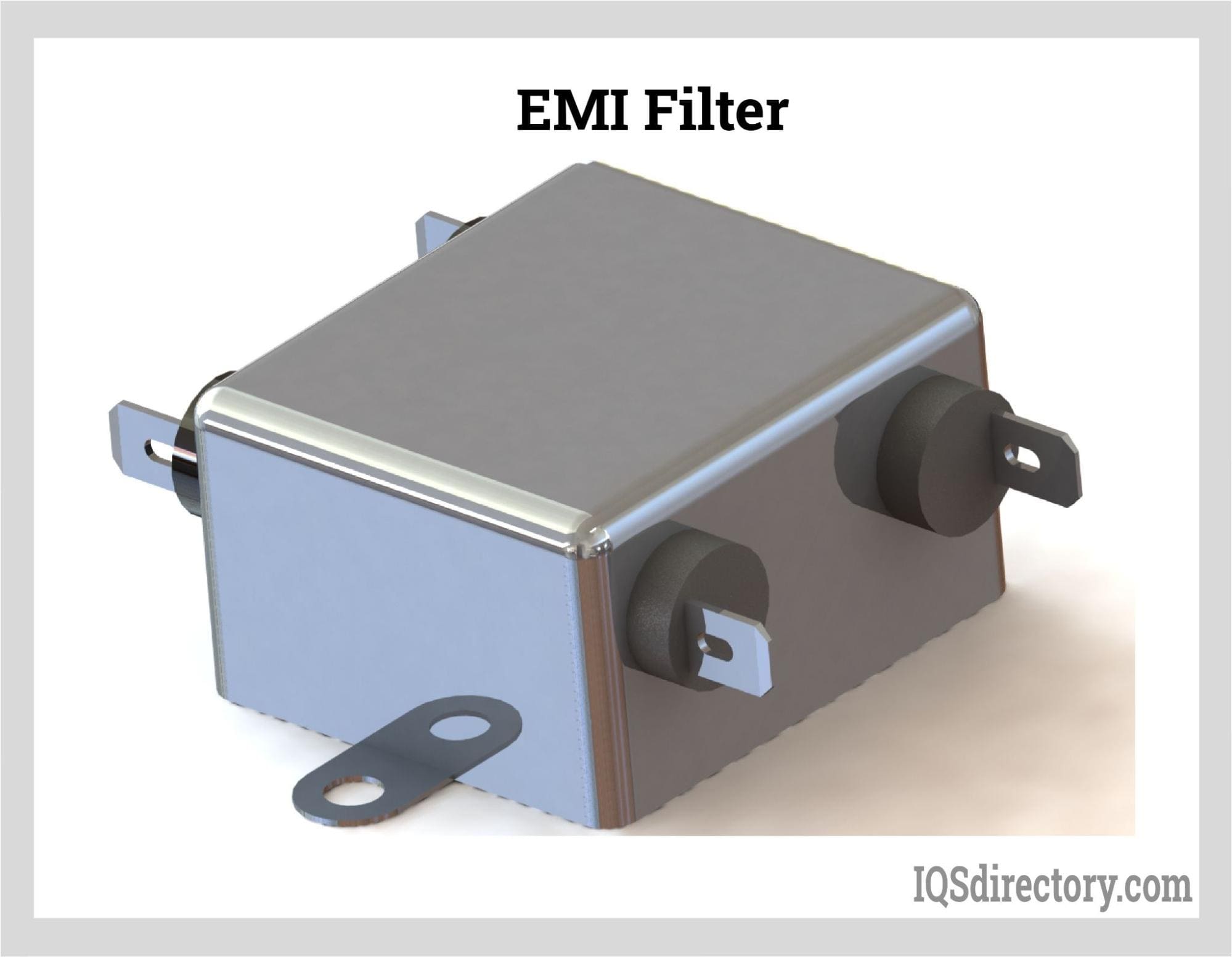
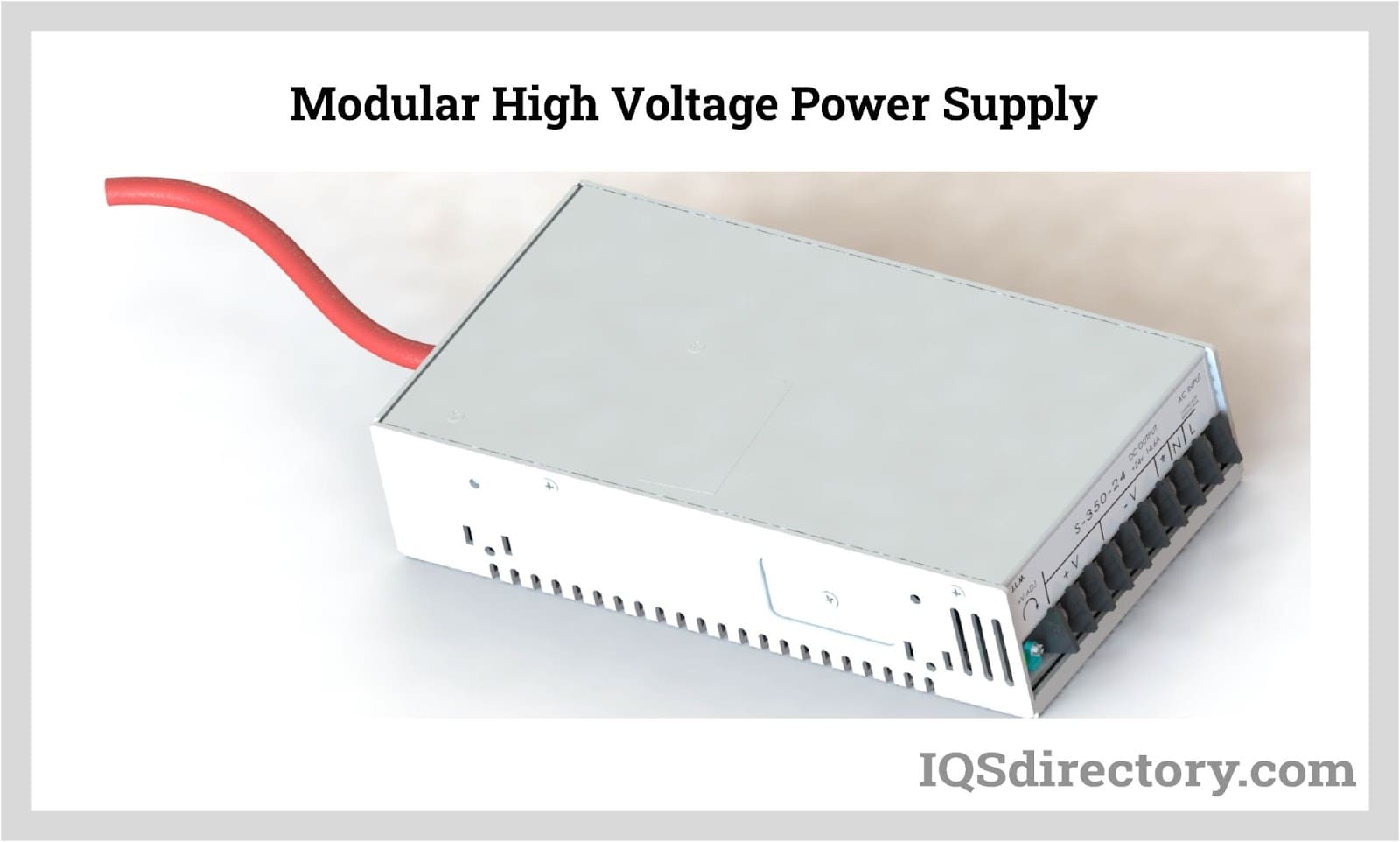
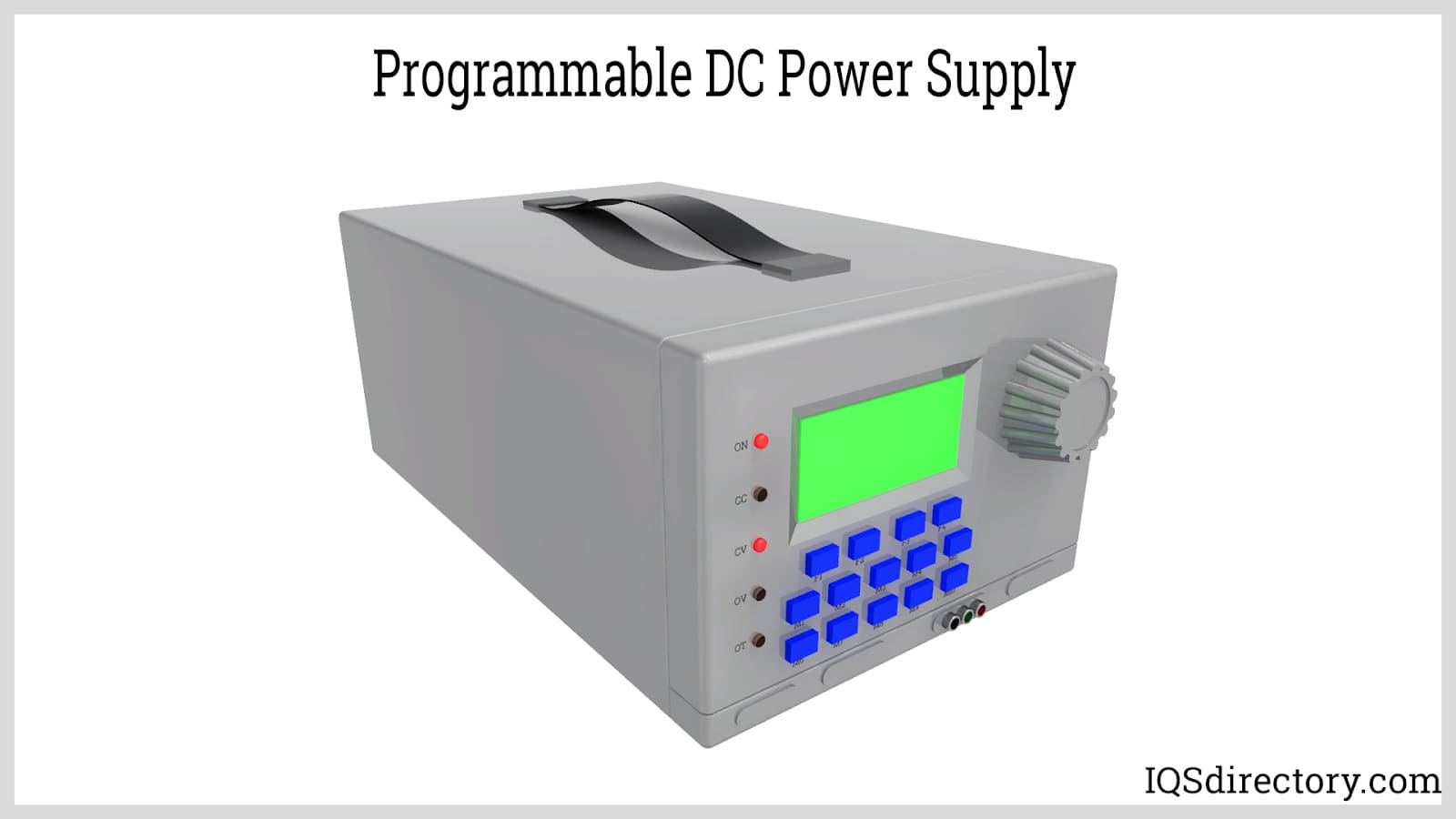
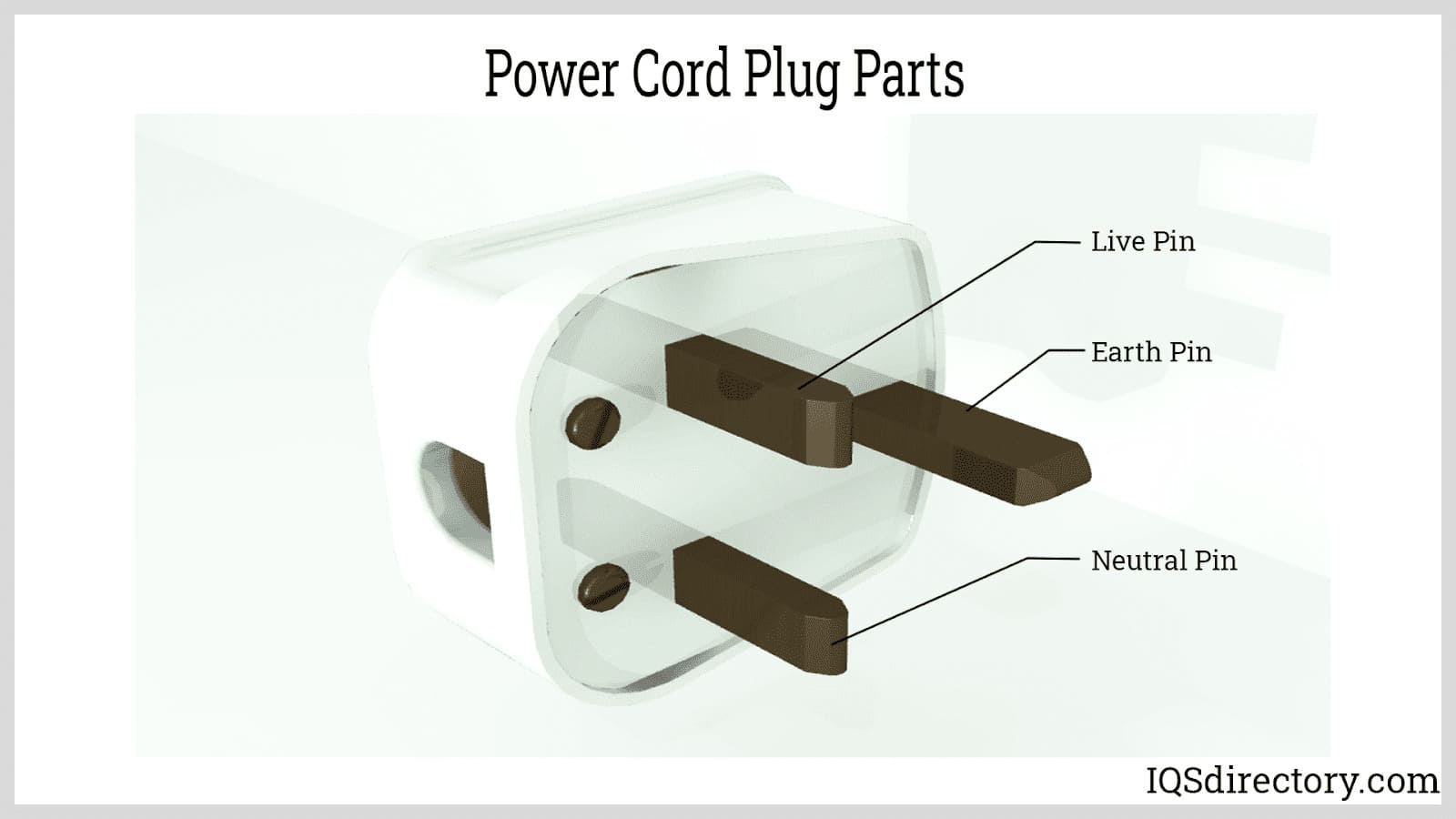
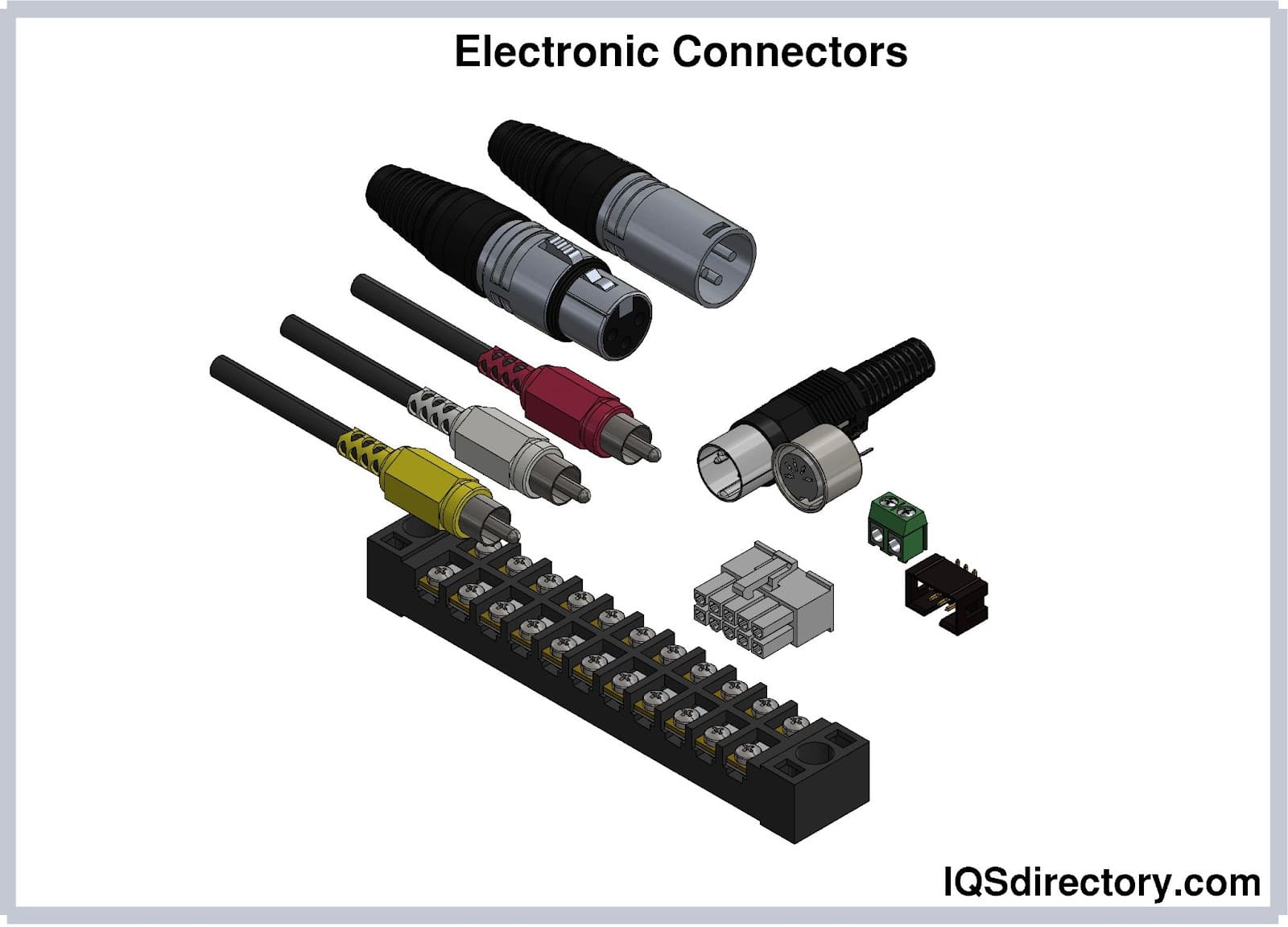
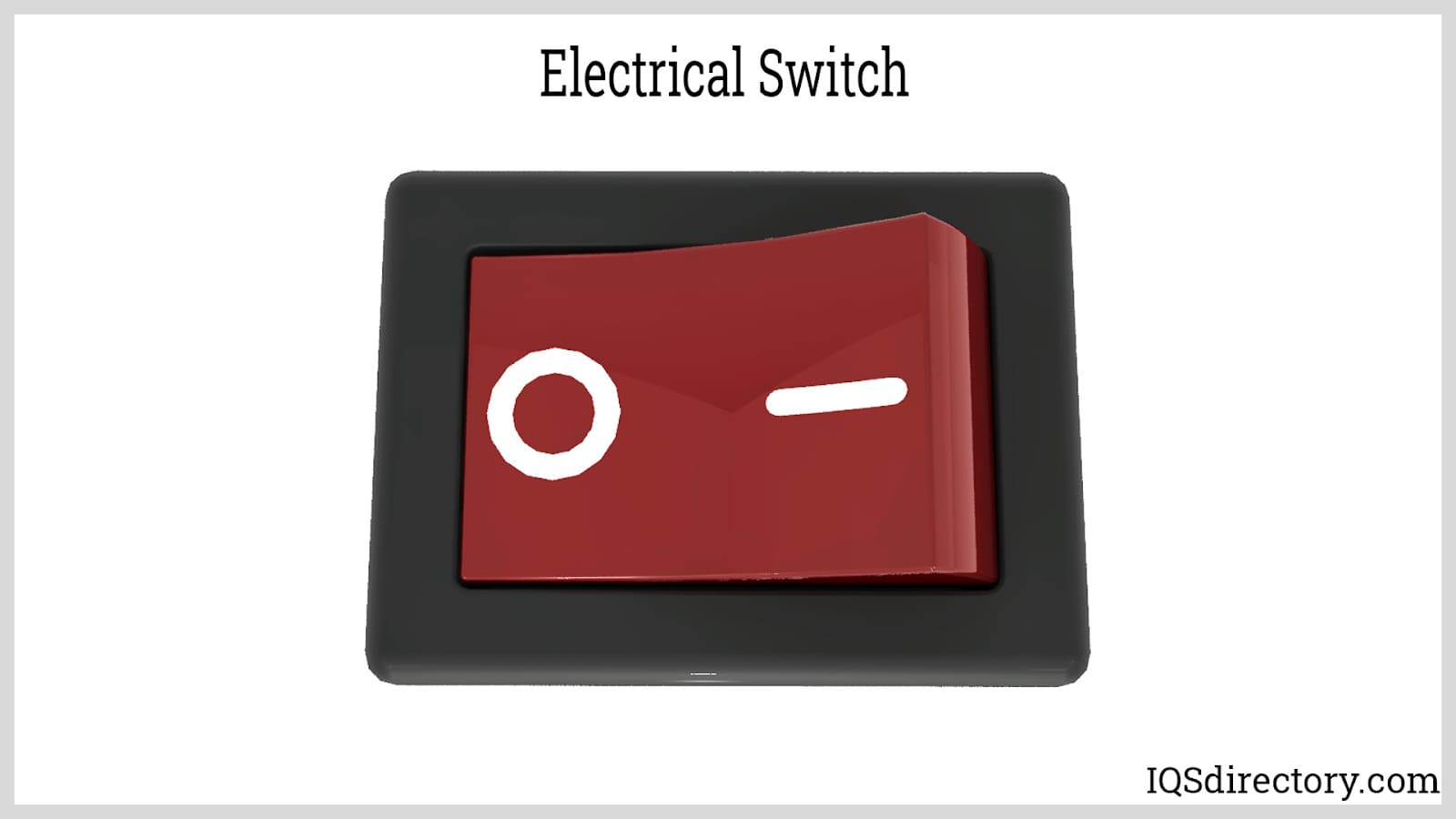
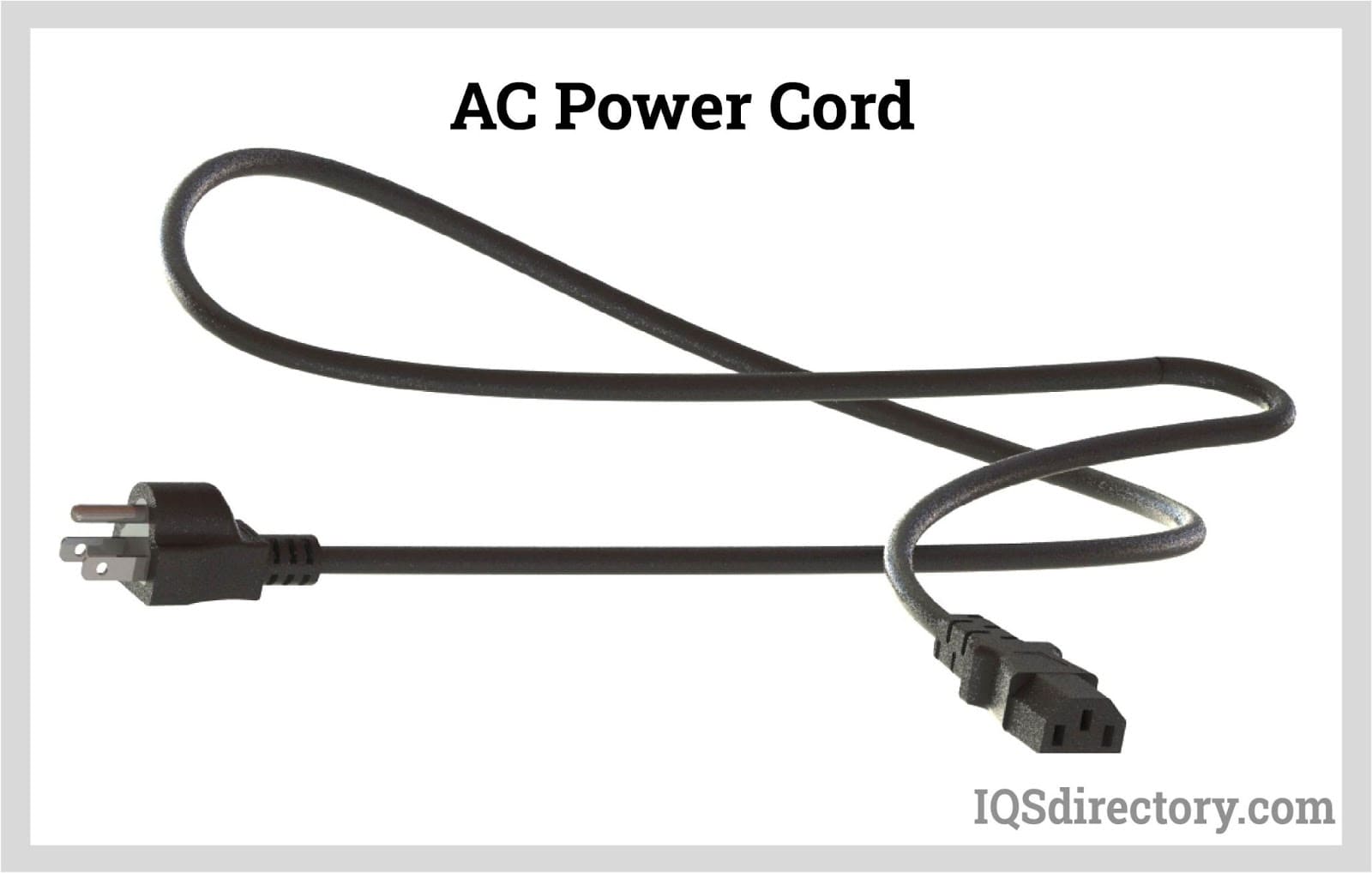
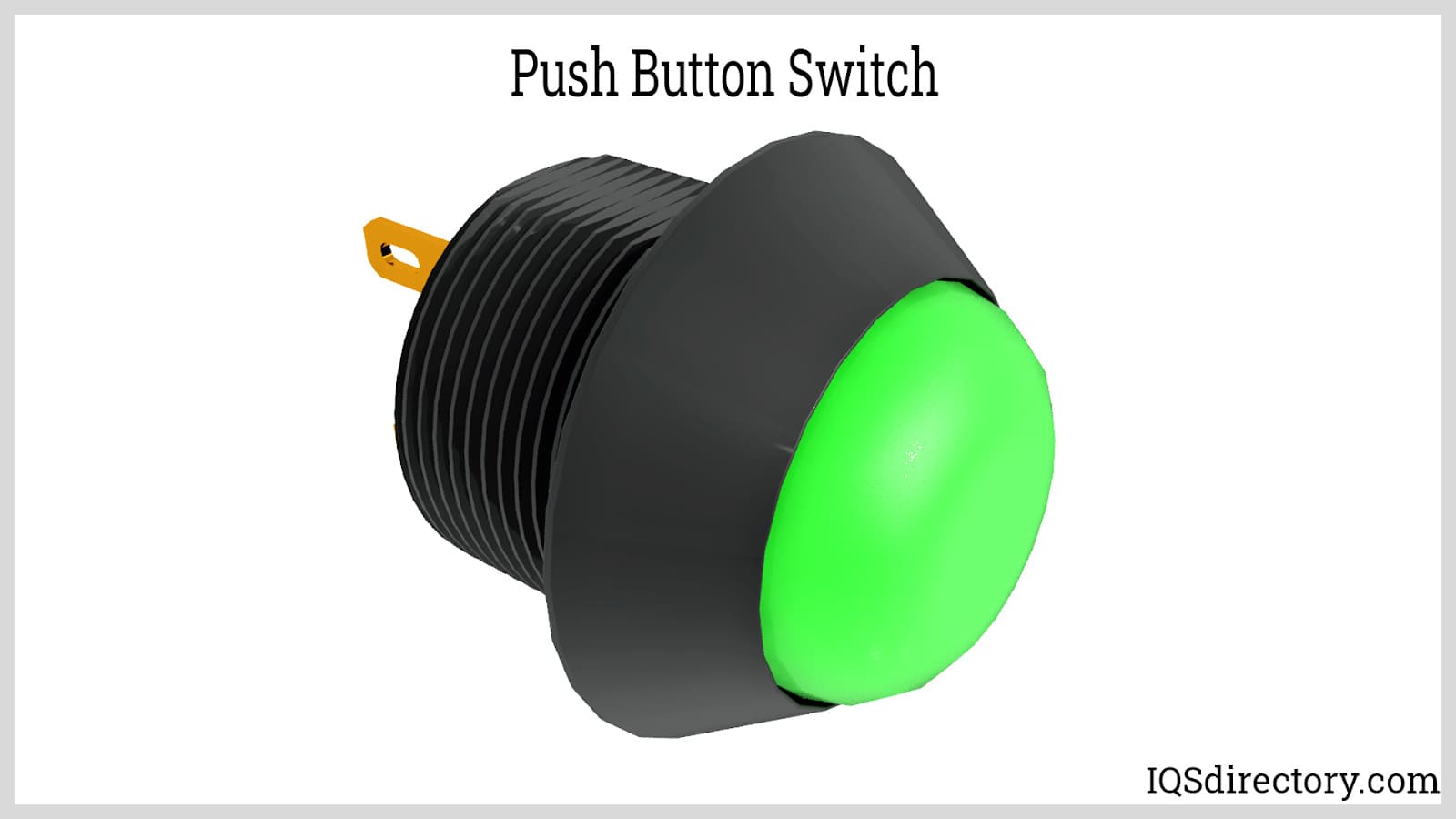
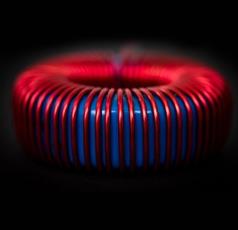 Electric Coils
Electric Coils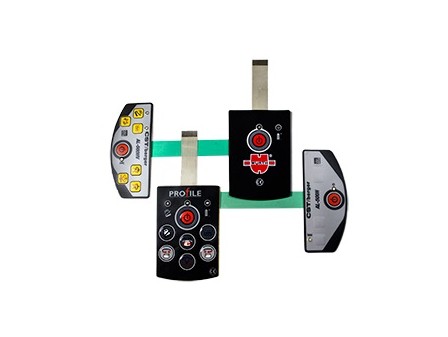 Electric Switches
Electric Switches Electric Transformers
Electric Transformers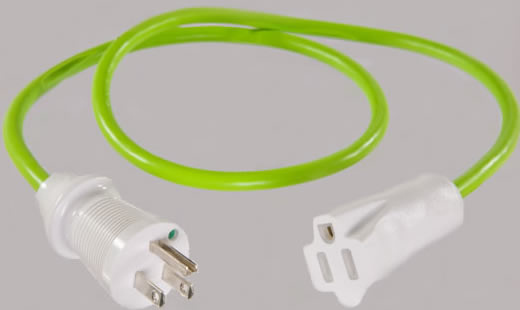 Electronic Connectors
Electronic Connectors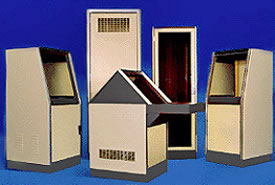 Electronic Enclosures
Electronic Enclosures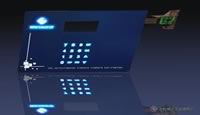 Membrane Switches
Membrane Switches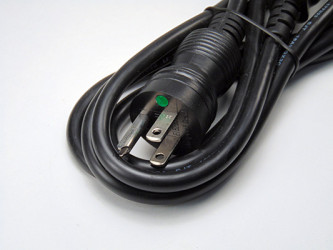 Power Cords
Power Cords Power Supplies
Power Supplies Castings & Forgings
Castings & Forgings Bulk Material Handling
Bulk Material Handling Electrical & Electronic Components
Electrical & Electronic Components Flow Instrumentation
Flow Instrumentation Hardware
Hardware Material Handling Equipment
Material Handling Equipment Metal Cutting Services
Metal Cutting Services Metal Forming Services
Metal Forming Services Metal Suppliers
Metal Suppliers Motion Control Products
Motion Control Products Plant & Facility Equipment
Plant & Facility Equipment Plant & Facility Supplies
Plant & Facility Supplies Plastic Molding Processes
Plastic Molding Processes Pumps & Valves
Pumps & Valves Recycling Equipment
Recycling Equipment Rubber Products & Services
Rubber Products & Services